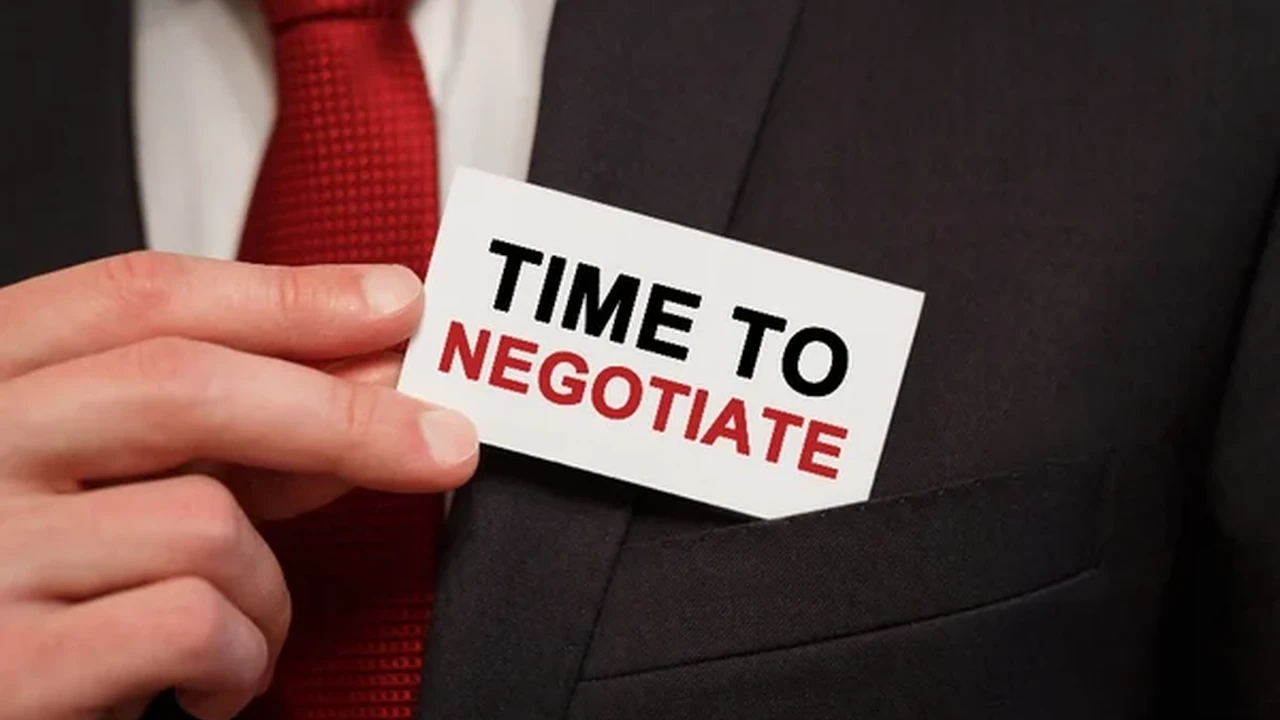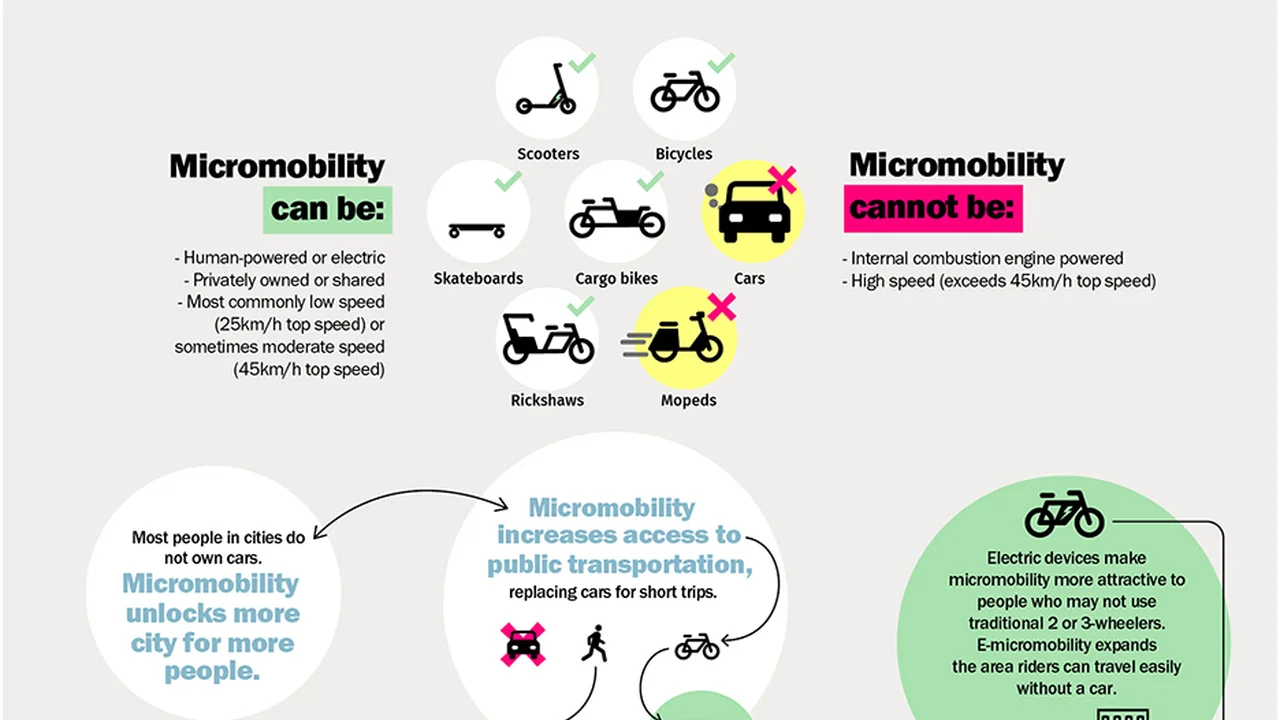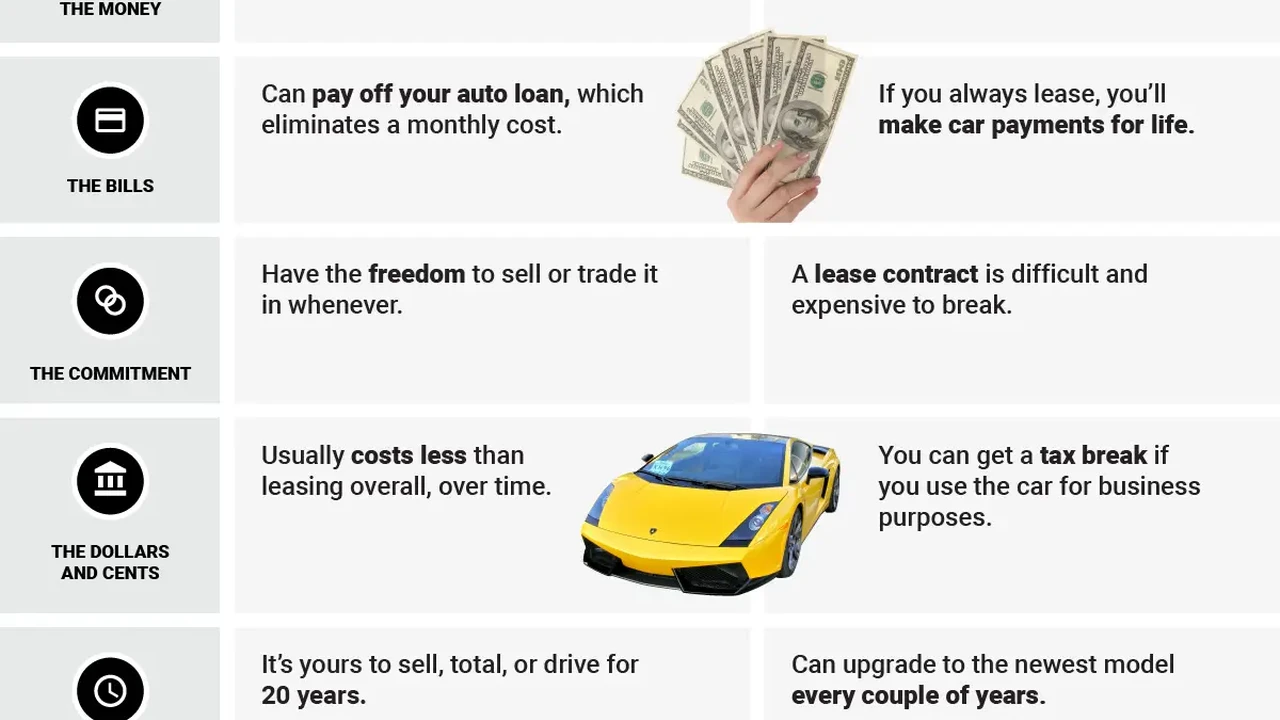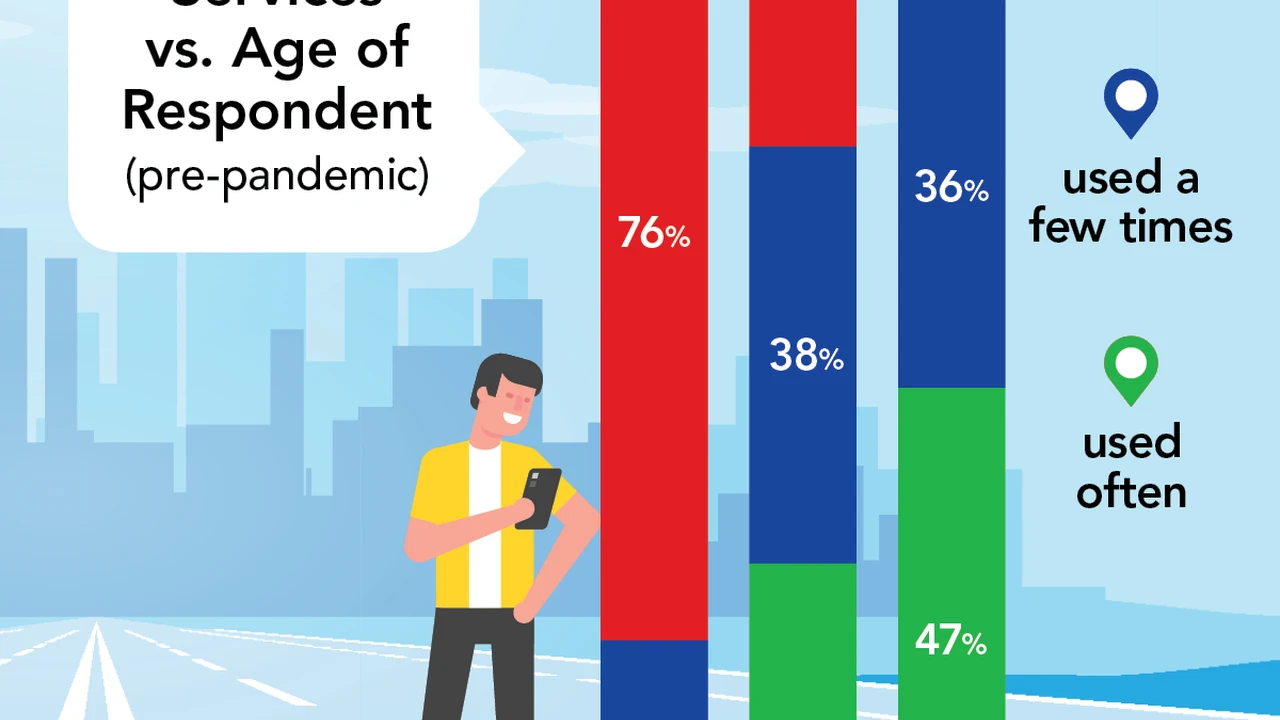Negotiating a Lower Money Factor on Your Car Lease

Understanding the Money Factor and Its Impact on Your Lease Payment
So, you're diving into the world of car leases, huh? Smart move! Leasing can be a great way to drive a new car without the long-term commitment of ownership. But before you sign on the dotted line, let's talk about something called the "money factor." It might sound complicated, but trust me, understanding it can save you some serious cash. Think of the money factor as the interest rate on your lease. It's a small decimal number that dealerships use to calculate the finance charge you'll pay each month. The higher the money factor, the more you'll pay in interest over the life of the lease. Conversely, a lower money factor translates to lower monthly payments and significant savings overall. It's basically the interest rate in disguise! It's multiplied by the car's capitalized cost (the agreed-upon price of the car) and the residual value (the car's estimated worth at the end of the lease) to determine your finance charges. So, even a tiny difference in the money factor can have a big impact on your total cost.
Researching the Base Money Factor: Know Your Starting Point
Knowledge is power, especially when you're negotiating a lease. Before you even step foot in a dealership, do your homework and find out the base money factor for the car you're interested in. This is the money factor that the manufacturer is offering for that specific model and lease term. You can usually find this information on automotive forums, lease comparison websites, or by contacting Edmunds or Leasehackr directly. These sites often have threads dedicated to specific car models, where users share their experiences and the money factors they were offered. Knowing the base money factor gives you a benchmark to compare against. If the dealer is offering you a money factor significantly higher than the base, you know they're marking it up and you have room to negotiate. Don't be afraid to ask the dealer directly what the base money factor is. They might try to avoid answering the question, but persistence is key. If they refuse to disclose it, that's a red flag.
Checking Your Credit Score: Your Secret Weapon for a Lower Money Factor
Your credit score plays a HUGE role in the money factor you'll be offered. A higher credit score signals to the lender that you're a responsible borrower, making you eligible for a lower money factor (and better terms in general). Before you start shopping for a lease, check your credit score. You can get a free credit report from AnnualCreditReport.com. Knowing your score allows you to anticipate potential problems and address any inaccuracies before you head to the dealership. If your credit score is lower than you'd like, take steps to improve it. Pay down existing debt, avoid opening new credit accounts, and make all your payments on time. Even a small improvement in your credit score can make a big difference in the money factor you're offered. A good credit score demonstrates to the dealership that you're a low-risk borrower, giving them less reason to inflate the money factor.
Negotiating with the Dealership: Turning the Tables on the Salesperson
Alright, you've done your research and you know your credit score. Now it's time to put your negotiation skills to the test. When you're talking to the salesperson, don't focus solely on the monthly payment. Instead, ask them directly about the money factor. Be direct and ask, "What is the money factor you're using for this lease?" If they try to avoid the question or give you a vague answer, press them for a specific number. Once you have the money factor, compare it to the base money factor you researched. If it's higher, politely but firmly state that you know the base money factor and you're looking for a rate closer to that. Be prepared to walk away if the dealer isn't willing to negotiate. Sometimes, the threat of losing a sale is enough to get them to lower the money factor. Don't be afraid to shop around at different dealerships. Get quotes from multiple dealers and compare their money factors. This will give you leverage when negotiating with your preferred dealership. Remember, you're in control of the process. Don't let the salesperson pressure you into accepting a money factor that you're not comfortable with.
Leveraging Multiple Offers: Pitting Dealerships Against Each Other
Here's a pro tip: get quotes from multiple dealerships and use them to your advantage. Once you have a few offers in hand, let each dealership know that you're shopping around and that you're looking for the best possible deal. Tell them you have a lower offer from another dealership and ask if they can beat it. This creates a competitive environment and puts pressure on the dealerships to lower their money factors. Be honest and transparent with the dealerships. Don't lie about the offers you've received, but don't be afraid to play them against each other. The goal is to get the lowest possible money factor, and this strategy can be very effective. Keep in mind that dealerships are often willing to negotiate to win your business. They know that you have options, and they don't want to lose a sale to a competitor.
Considering a One-Pay Lease: Paying Upfront for Maximum Savings
If you have the cash available, consider a one-pay lease. This is where you pay the entire lease amount upfront, which can significantly reduce the total cost of the lease. When you pay upfront, you eliminate the need for the dealership to finance the lease, which means they can offer you a much lower money factor (or even eliminate it altogether). A one-pay lease can save you hundreds or even thousands of dollars over the life of the lease. However, it's important to consider the risks involved. If the car is totaled or stolen, you may not get all of your money back. Make sure you understand the terms and conditions of the lease before opting for a one-pay option. This option isn't for everyone, but if you have the financial means and are comfortable with the risks, it can be a great way to save money on your lease.
Understanding Lease Incentives and Rebates: Stacking the Savings
Don't forget to ask about any lease incentives or rebates that may be available. Manufacturers often offer incentives to encourage leasing, which can further reduce your monthly payments. These incentives can include cash rebates, special financing rates, or even subsidized money factors. Make sure you understand the eligibility requirements for each incentive and how they will affect your lease terms. Sometimes, incentives are only available for specific models or trim levels. Ask the dealership to provide a detailed breakdown of all the incentives that are being applied to your lease. Don't assume that they're automatically including all available incentives. It's your responsibility to make sure you're getting the best possible deal.
Product Recommendations and Comparisons: Finding the Right Car for Your Needs
Okay, let's talk about some specific cars and how these negotiation tactics can play out in the real world. Here are a few popular lease options and some things to keep in mind when negotiating their money factors:
2024 Honda Civic: A Fuel-Efficient and Reliable Choice
The Honda Civic is a perennial favorite for its reliability and fuel efficiency. The base money factor on a Civic lease is typically quite low, but dealers may try to mark it up, especially on higher trim levels. When negotiating a Civic lease, emphasize its high residual value, which should translate to lower monthly payments. The Civic is a great daily driver, perfect for commuting and running errands. It's also surprisingly spacious for a compact car. Expect to pay around $250-$350 per month for a well-equipped Civic lease, depending on the down payment and mileage allowance.
2024 Toyota Camry: A Comfortable and Spacious Sedan
The Toyota Camry is another excellent choice for its reliability and comfort. Like the Civic, the Camry typically has a low base money factor. However, dealers may try to add on unnecessary options or packages to increase the overall cost of the lease. Be sure to carefully review the lease agreement and only pay for the features you actually want. The Camry is a great option for families, offering plenty of space for passengers and cargo. It's also known for its smooth ride and quiet cabin. Expect to pay around $300-$400 per month for a Camry lease, depending on the trim level and mileage allowance.
2024 BMW 3 Series: A Sporty and Luxurious Option
If you're looking for something a bit more sporty and luxurious, the BMW 3 Series is a great option. However, be aware that BMW leases often have higher money factors than more mainstream brands. This is where your negotiation skills will really come into play. Research the base money factor for the 3 Series and be prepared to push back if the dealer is offering a significantly higher rate. The 3 Series offers a thrilling driving experience, with sharp handling and a powerful engine. It's also packed with luxury features and advanced technology. Expect to pay around $450-$600 per month for a 3 Series lease, depending on the trim level and mileage allowance.
Product Comparison Table:
| Car Model | Typical Monthly Payment | Key Features | Money Factor Considerations |
|---|---|---|---|
| Honda Civic | $250-$350 | Fuel-efficient, reliable, compact | Emphasize high residual value |
| Toyota Camry | $300-$400 | Comfortable, spacious, reliable | Avoid unnecessary add-ons |
| BMW 3 Series | $450-$600 | Sporty, luxurious, high-performance | Aggressively negotiate money factor |
Final Thoughts: Be Prepared and Persistent
Lease negotiations can be intimidating, but with the right knowledge and preparation, you can get a great deal. Remember to research the base money factor, check your credit score, and be prepared to walk away if the dealer isn't willing to negotiate. Don't be afraid to shop around and leverage multiple offers to your advantage. And finally, don't forget to ask about any lease incentives or rebates that may be available. Good luck, and happy leasing!
:max_bytes(150000):strip_icc()/277019-baked-pork-chops-with-cream-of-mushroom-soup-DDMFS-beauty-4x3-BG-7505-5762b731cf30447d9cbbbbbf387beafa.jpg)






